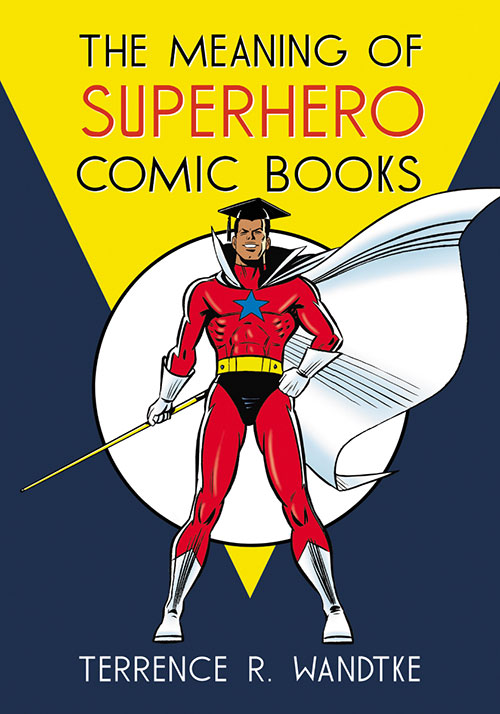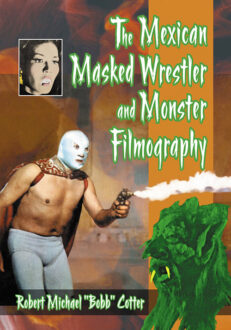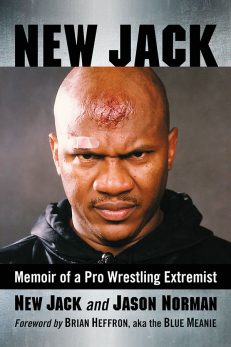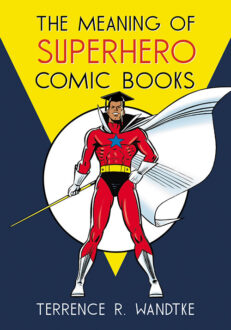The Meaning of Superhero Comic Books
$29.95
In stock
About the Book
For decades, scholars have been making the connection between the design of the superhero story and the mythology of the ancient folktale. Moving beyond simple comparisons and common explanations, this volume details how the workings of the superhero comics industry and the conventions of the medium have developed a culture like that of traditional epic storytelling. It chronicles the continuation of the oral/traditional culture of the early 20th century superhero industry in the endless variations on Superman and shows how Frederic Wertham’s anti-comic crusade in the mid–1950s helped make comics the most countercultural new medium of the 20th century. By revealing how contemporary superhero comics, like Geoff Johns’ Green Lantern and Warren Ellis’s The Authority, connect traditional aesthetics and postmodern theories, this work explains why the superhero comic book flourishes in the “new traditional” shape of our acutely self-conscious digital age.
About the Author(s)
Bibliographic Details
Terrence R. Wandtke
Format: softcover (7 x 10)
Pages: 270
Bibliographic Info: 28 photos, notes, bibliography, index
Copyright Date: 2012
pISBN: 978-0-7864-6491-3
eISBN: 978-0-7864-9015-8
Imprint: McFarland
Table of Contents
Acknowledgments vi
Introduction: How Comic Books Speak to Me and What I’ve Heard About Superheroes 1
1. Moving Beyond the Standard Arguments: The Superhero Revised (Again) 7
2. The Emergence of Orality: When Industry Becomes Epic 28
3. Orality and a New Medium: The History of the Man of Tomorrow 53
4. Amplification Through Simplification: The Traditional Basis for Superhero Iconography 80
5. The Persistence of Traditionality: When Industry Workers Become Artisans 105
6. The Failed Attempt to Impose High Culture: Literacy in Crisis 133
7. More Than Service to the Publishers: Artists Aware of Technology (and the Audience) 161
8. Eternal, Self-Conscious Recurrence (or More Revision): The Aesthetes of New Traditionality 191
Conclusion: Everything Old Is New Again (and Again and…): An Open Invitation to an Open Ending 221
Chapter Notes 225
Works Cited 251
Index 259
Book Reviews & Awards
“Highly recommended”—Choice.






